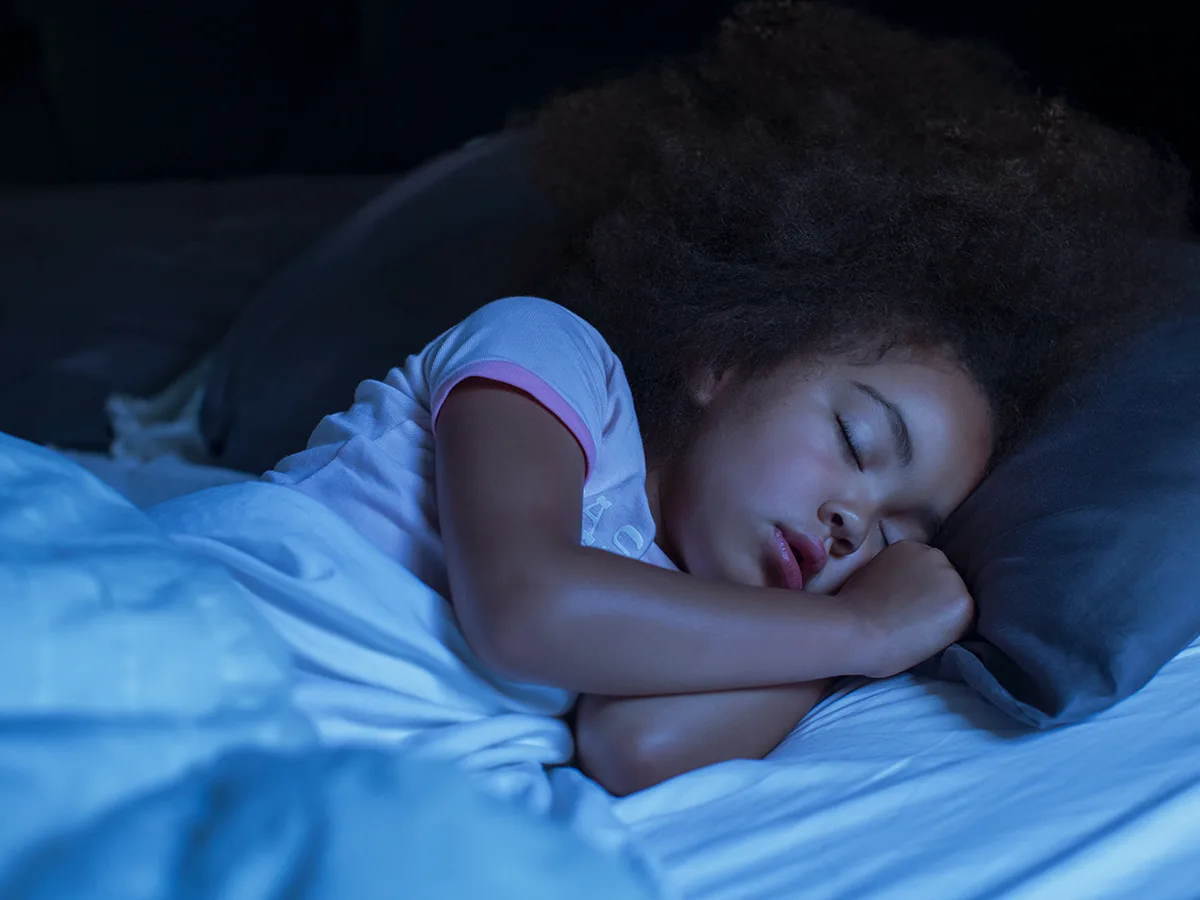7 ways to get grade-schoolers on a school sleep schedule
To do their best in school, grade-schoolers need a good night’s sleep — 10 to 11 hours. Kids’ sleep schedules often get derailed, though, by winter or summer break or by a change at home. Here are ways to get back on track.
1. Adjust wake-up time in stages.
If your child has been sleeping in two hours past school wake-up time, don’t try to change all at once. Start by getting your child up an hour earlier for a few days. Then gradually wake your child up earlier and earlier.
2. Gradually move up bedtime.
Again, adjust your child’s schedule in stages. If your child is getting up an hour earlier, make bedtime an hour earlier, too, and so on.
3. Make sure your child gets exercise.
Being physically active throughout the day will help your child sleep at night. But try to avoid exercise in the three hours before bedtime.
4. Try to keep your child awake all afternoon.
Do chores, play outside, plan together time. Try not to let school-age kids crash during the day, or they may be wide awake at bedtime.
5. Phase out electronics one hour before bedtime.
Electronic devices like video games, televisions, and computers can prevent kids from winding down. The light and noise can be distracting and tempt kids to want to play instead of getting ready for sleep. If your child has or uses electronic devices, try to turn them off an hour before bedtime.
6. Establish a bedtime routine.
Putting on pajamas, brushing teeth, and reading a story together can help kids prepare for sleep. If your child has trouble with routines, try using a bedtime checklist.
7. Create a sleep-friendly environment.
Turn off the lights, shut the blinds, and keep the temperature cool. And be sure to keep any electronic devices out of the bedroom. Place them in a common area, like the living room.
It's common for kids with differences like ADHD to have trouble with sleeping. Learn about ADHD, sleep problems, and how to help.






